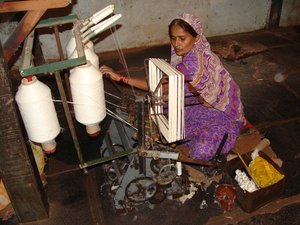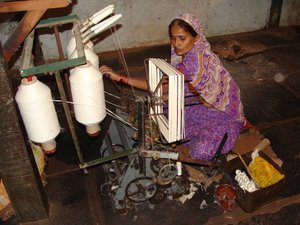

In April 2013, 1,129 workers died and more than 2,500 were injured when the eight-story Rana Plaza complex collapsed. The tragedy led to frantic negotiations between the companies and the unions IndustriALL and UNI Global Union that saw 180 multinational companies sign a legally binding Accord that forces safety inspections on the factories they use and legal action if they do not adhere to it.
In After Rana Plaza: Building power for labour between unions and (consumption-based) social organisations published in Organization, Juliane Reinecke and Jimmy Donaghey, Warwick Business School interviewed 29 bosses, campaigners and union officials to detail the steps made to form the Accord.
They both stated, “The Accord shows that geographic and economic differences within global supply chains may mean that unions and campaign groups need to move towards working together. The utilisation of trade union and campaign groups’ complimentary skills could prove an important part of extending regulation of employment into other less regulated supply chains in developed countries.”




